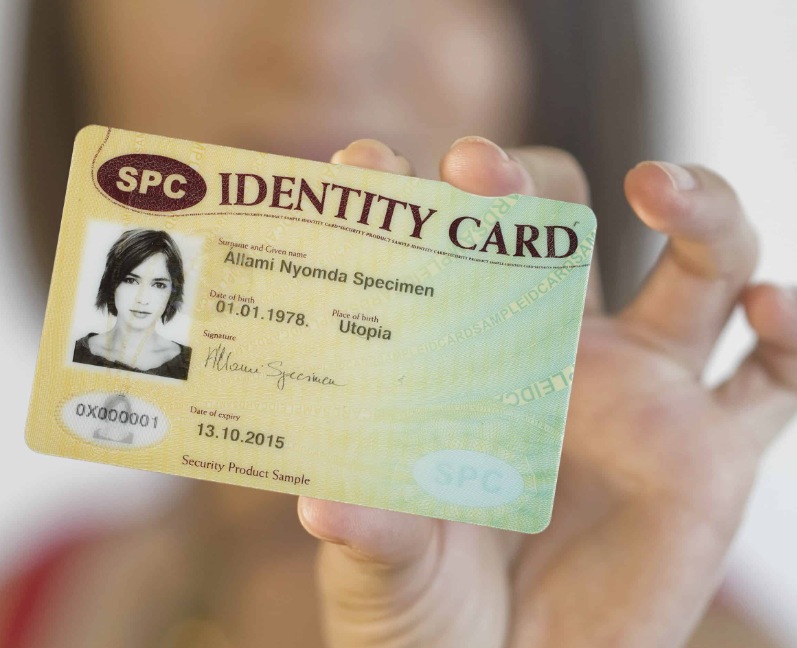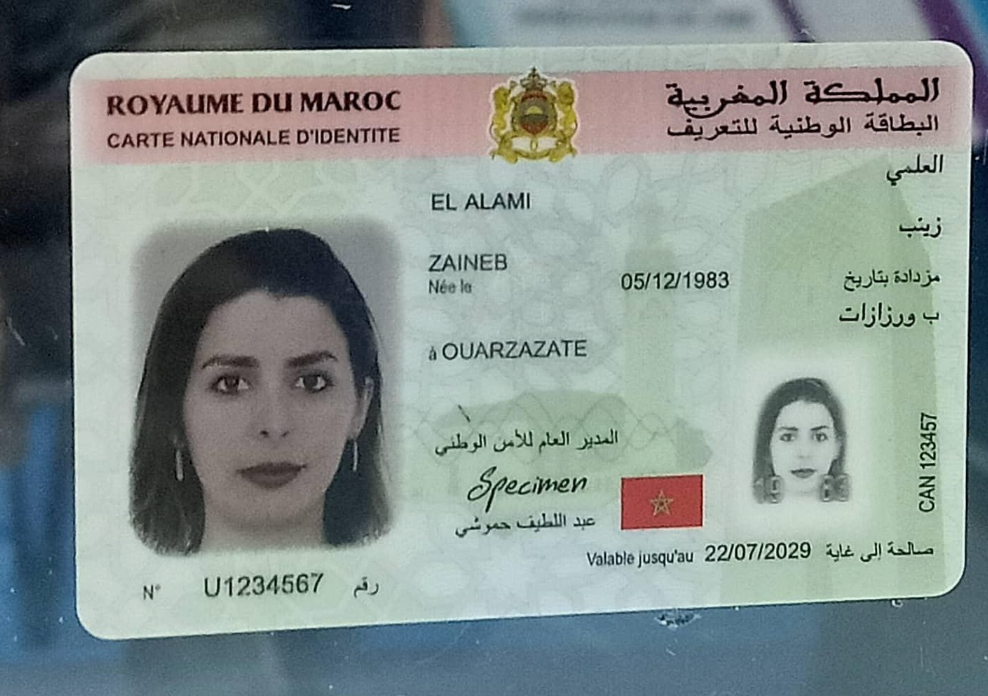The process of generating a Netherlands Burgerservicenummer (BSN), also known as the Citizen Service Number, is an important step for residents of the Netherlands. This unique identification number is essential for various government and administrative purposes, such as accessing healthcare, opening a bank account, or starting a job.
To obtain a Burgerservicenummer (BSN), individuals need to follow a specific application process. This involves providing the necessary documents and completing the required forms. The application process may vary depending on the individual’s circumstances, such as whether they are a Dutch citizen or a foreign national.
Ensuring the accuracy and security of the generated Dutch BSN (Burgerservicenummer) is vital to prevent identity theft and fraud. Individuals must implement measures to safeguard their BSN, including keeping it confidential and securely storing any documents containing this information. Utilizing a Dutch BSN generator necessitates added caution to uphold the security of the generated identification numbers.
What is a Burgerservicenummer?

A Burgerservicenummer (BSN), also known as a Citizen Service Number, is a unique identification number assigned to residents of the Netherlands. It is a crucial requirement for various administrative and government purposes. The BSN serves as a key identifier for individuals in the Netherlands and is used in a wide range of situations, such as accessing healthcare services, opening a bank account, starting a job, or applying for social benefits.
The importance of the Burgerservicenummer cannot be overstated. It acts as a central identifier that ensures efficient and accurate communication between individuals and government institutions. It helps streamline administrative processes, making it easier for residents to access essential services and benefits.
With a Burgerservicenummer, individuals can securely navigate the Dutch bureaucracy and fulfill their legal obligations. It provides a unique way to verify and authenticate an individual’s identity, reducing the risk of identity theft and fraud. The Netherlands places great emphasis on protecting the privacy and security of its residents, and the BSN plays a vital role in achieving this goal.
Overall, the Burgerservicenummer is an essential component of the Dutch administrative system. It simplifies interactions with government institutions, ensures accurate identification, and protects individuals’ privacy. Whether it’s for healthcare, employment, or other administrative purposes, having a Burgerservicenummer is fundamental for residents of the Netherlands.
üğ
A Burgerservicenummer (BSN), also known as the Citizen Service Number, is a crucial identification number for individuals residing in the Netherlands. It serves as a unique identifier and is required for various purposes in the country.
One of the primary reasons why individuals need a BSN is to access healthcare services. Having a BSN allows you to register with a healthcare provider, receive medical treatment, and access health insurance benefits. It ensures that you can receive the necessary healthcare services without any complications.
Another important reason for obtaining a BSN is to open a bank account. Banks in the Netherlands require a BSN for account opening, as it helps in verifying your identity and complying with legal regulations. Having a bank account is essential for managing your finances, receiving payments, and carrying out financial transactions.
Additionally, a BSN is necessary for starting a job in the Netherlands. Employers require your BSN to register you with the tax authorities, deduct taxes from your salary, and ensure compliance with labor laws. It is a crucial step in the employment process and allows you to work legally in the country.
In summary, a Burgerservicenummer (BSN) is essential for accessing healthcare, opening a bank account, and starting a job in the Netherlands. It serves as a unique Burgerservicenummer Id number that facilitates various administrative and legal processes, ensuring smooth interactions with government agencies, healthcare providers, and financial institutions.
How to apply for a BSN?
Applying for a Burgerservicenummer (BSN) in the Netherlands is a straightforward process that requires certain documents and following specific steps. Here is a step-by-step guide on how to apply for a BSN:
- Gather the necessary documents: To apply for a BSN, you will need to provide a valid passport or identity card, proof of address in the Netherlands, and any relevant immigration documents if applicable.
- Make an appointment: Contact the nearest municipality or Gemeente to schedule an appointment for your BSN application. It is important to note that you must apply in person.
- Attend the appointment: On the scheduled date, visit the municipality with all the required documents. The municipality officials will verify your identity and process your application.
- Provide biometric data: During the appointment, you may be required to provide biometric data, such as fingerprints or a photograph, depending on the municipality’s requirements.
- Receive your BSN: Once your application is processed, you will receive a confirmation letter or document containing your BSN. This number is unique to you and will be required for various administrative and legal purposes in the Netherlands.
It is important to note that the application process may vary slightly depending on the municipality. Therefore, it is recommended to check the specific requirements and procedures of your local municipality before applying for a BSN.
If you are a non-resident or temporarily staying in the Netherlands, you may also be eligible for a temporary BSN. This temporary BSN can be obtained through specific government agencies or service providers. It is essential to follow the guidelines provided by these organizations to obtain a temporary BSN.
Generating a temporary BSN

Information on how to obtain a temporary BSN for individuals who are not eligible for a permanent BSN but still require a unique identification number in the Netherlands.
Obtaining a temporary BSN can be a viable option for individuals who are not eligible for a permanent BSN but still need a unique identification number in the Netherlands. Temporary BSNs are typically issued to non-residents or individuals who are in the country for a short period of time, such as tourists or temporary workers.
To obtain a temporary BSN, individuals can follow these steps:
- Contact the local municipality or the Expat Center in the Netherlands to inquire about the process of obtaining a temporary BSN.
- Provide the necessary documentation, which may include a valid passport, visa, or residence permit.
- Fill out the application form for a temporary BSN and submit it along with the required documents.
- Pay any applicable fees for the application process.
- Wait for the temporary BSN to be issued. The processing time may vary depending on the municipality or the Expat Center.
It is important to note that a temporary BSN may have certain limitations and may not provide the same benefits and privileges as a permanent BSN. Individuals with a temporary BSN should ensure that they understand the restrictions and conditions associated with their temporary status.
Protecting your BSN
Protecting your Burgerservicenummer (BSN) is crucial to ensure the security of your identity and prevent potential fraud or theft. Here are some valuable tips and best practices to safeguard your BSN:
- Keep your BSN confidential: Treat your BSN as highly sensitive information and avoid sharing it with anyone unless necessary. Be cautious when providing your BSN online or over the phone, ensuring that you are dealing with trusted and legitimate organizations.
- Secure your documents: Store your official documents, such as your passport or residence permit, in a safe place to prevent unauthorized access. Avoid carrying them unnecessarily and make sure to report any lost or stolen documents immediately.
- Be cautious with personal information: Be mindful of sharing personal information, such as your full name, date of birth, or address, especially on public platforms or social media. Identity thieves can potentially use this information to exploit your identity.
- Use strong and unique passwords: When creating online accounts or accessing sensitive information, use strong and unique passwords. Avoid using easily guessable information, such as your name or birthdate, and consider using a password manager to securely store and manage your passwords.
- Regularly monitor your financial statements: Keep a close eye on your bank statements, credit card bills, and other financial transactions. Report any suspicious activities or unauthorized charges immediately to your bank or financial institution.
- Be cautious of phishing attempts: Be wary of emails, calls, or messages asking for your personal information or claiming to be from official organizations. Legitimate institutions typically do not request sensitive information through these channels. Verify the authenticity of such requests before providing any details.
- Stay updated on security measures: Stay informed about the latest security measures and practices to protect your identity. Regularly update your devices, use reliable antivirus software, and be cautious while accessing public Wi-Fi networks.
By following these tips and best practices, you can significantly reduce the risk of identity theft and fraud related to your Burgerservicenummer (BSN). Remember, your BSN is a valuable piece of personal information that should be safeguarded at all times.

